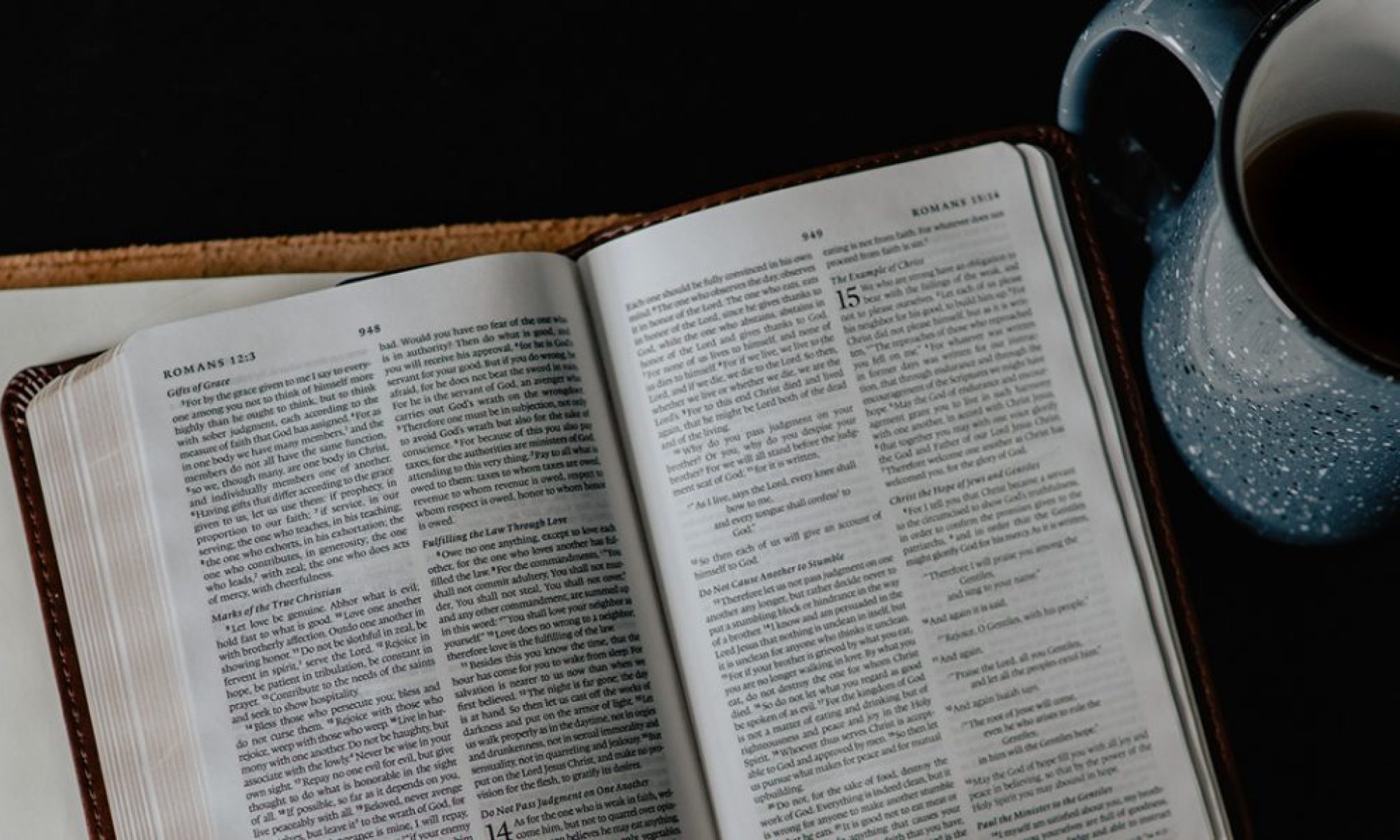What is your favorite Christmas movie? When I ask that question, I’m sure there are a lot of classics that come to mind. It’s a Wonderful Life. The Miracle on 34th Street. National Lampoon’s Christmas Vacation. Among my generation, millennials, you’ll hear a lot of folks say they love to watch the Harry Potter movies or The Lord of the Rings around Christmastime. Home Alone is also a classic. But there is one Christmas movie that holds a special place in my heart—one that the title of this article gives away.
I adore the 1966 cartoon version of How the Grinch Stole Christmas. I have always loved that movie and the book it is based on. My grandmother used to read it to my brother and I anytime we went to visit her at Christmas. I have such fond memories of reading about that grinchy old Grinch and all his Christmas-stealing shenanigans. And I adore the animated version of the story, particularly the song, “You’re a Mean One, Mr. Grinch.” And, of course, I also love the message of the story—that Christmas is not about the things that we get—the ribbons, the tags, the packages, boxes, and bags. But there’s one important thing to remember in the final moments of How the Grinch Stole Christmas.
For those that may not have seen the movie or read the book, the Grinch is a mean, green, Christmas-hating monster that lives on a mountain above the town of Who-ville. The Whos are people that adore Christmas and they celebrate it each year—loudly. That noise carries up the mountain and infuriates the Grinch. So, one year, he decides to go down into Whoville and steal all the trappings of Christmas—the presents, the trees, the lights, and the food, in particular the roast beast. After stealing everything and loading it up on a sleigh, the Grinch takes the presents up to the top of Mount Crumpit in order to dump them all over the edge. But as he’s standing there, he pauses to listen to what he assumes will be the weeping of the Whos. Instead, he hears them singing and celebrating Christmas all the same. It causes a change in his heart as he realizes that there is more to Christmas than just the material things. So, he races back down the mountain and returns everything to the Whos. The book and the movie end with a town-wide feast and the narrator saying, “He, he himself, the Grinch, carved the roast beast.”
What’s the thing to remember? The Whos open up their celebration to the Grinch without any questions. They simply accept him into their community, bringing him into the joy of Christmas. Later adaptations of the story (2000 & 2018) have tried to figure out some way to qualify the way the Grinch gets accepted by the Whos. Neither Dr. Seuss nor the 1966 movie do that though and that’s important. One of the points of Christmas is the reminder of the unconditional love that God has for all people in all places at all times. There are no qualifications to be loved by God. There is no transaction. There is no “proof” that you deserve God’s love. God just gives it to you. The Whos end up modeling that by creating a space for the Grinch in their celebrations—no questions asked. Not only do they bring him in, they place him in a position of respect and honor. The Whos saw this green monster who “stole Christmas” and chose to include him, to see him as their guest, to invite him into their community. How the Grinch Stole Christmas is, in part, a story about radical love and hospitality for all people.

